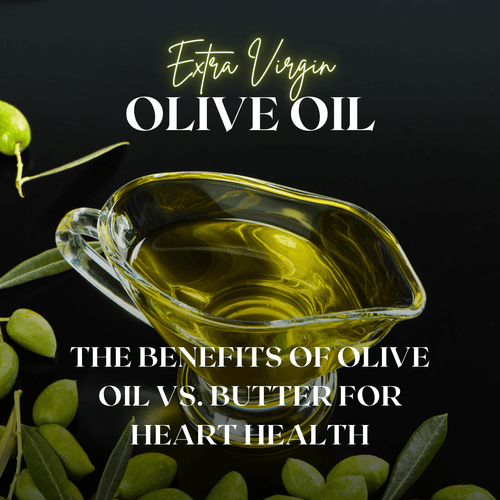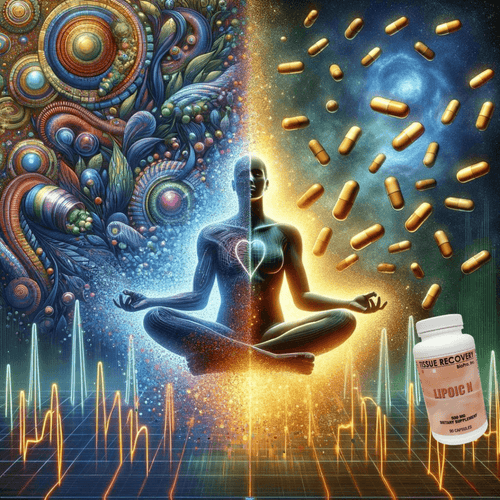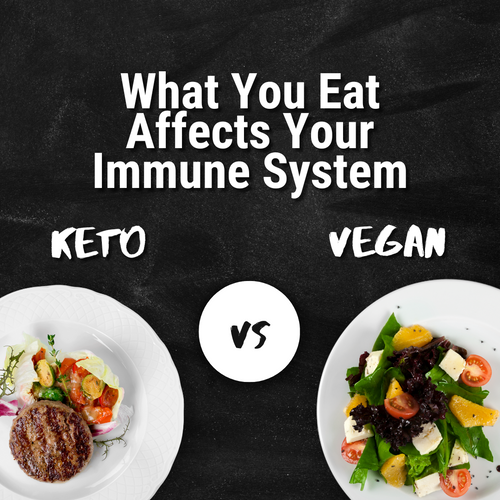Maybe you think intermittent fasting will make you tired and you will not be able to do much.
That may be a logical expectation since we need food to produce energy, or do we?
No, not really, we don’t need food to produce energy when we do intermittent fasting because we don’t go without food for very long.
This has been researched, and even if some of the very first studies on energy and starvation showed some conflicting results, more recent research done over 84 hours (4 days) showed that energy expenditure increased significantly (Zauner C. et al. 2000).
This was associated with a significant increase in nor-epinephrine, one of the stress hormones, and a decrease in blood glucose.
Instead fatty acids are mobilized which leads to increased ketone bodies in the blood, increasing the fatty acid oxidation.
This means that we are burning more fat as fuel for energy.
The nor-epinephrine gives us energy.
This makes sense because as humans evolved there was not always enough food, so periodic starvation was a fact of life.
We needed energy to go and catch some food.
If we did not have the energy to do that, we would not have survived, so this makes a lot of sense.
The fact is that if you want to implement intermittent fasting, you don’t have to worry about being tired.
If the fasting does not last for more than one day, that should not be a problem.
You don’t even have to do it for 24 hours. There are several ways to implement this.
You can for example stop eating after lunch, and not eat again until breakfast the next day.
When you fast don’t drink juice, it’s too sweet, drink water instead that’s much better for you.
Zauner C1, Schneeweiss B, Kranz A, Madl C, Ratheiser K, Kramer L, Roth E, Schneider B, Lenz K. Resting energy expenditure in short-term starvation is increased as a result of an increase in serum norepinephrine. Am J Clin Nutr. 2000 Jun;71(6):1511-5.
Learn to Eat:
Recommendations that work. This is not a regular diet program.










